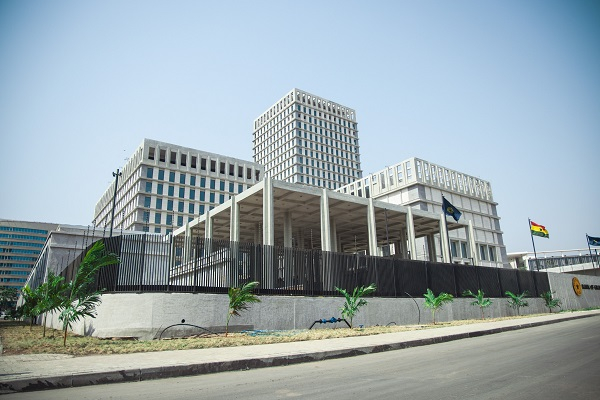Credit: Kekeli K. Blamey
The Bank of Ghana is deepening its focus on diaspora engagement and financial innovation as a key strategy to strengthen the economy, even as it maintains tight monetary policies to combat inflation.
Speaking at the Ghana Diaspora Investment Forum in Accra, First Deputy Governor Dr. Zakari Mumuni underscored the Central Bank’s commitment to creating a more attractive and secure environment for Ghanaian diaspora investments.
“Remittances are now a critical part of our foreign exchange inflows,” Dr. Mumuni said, pointing to ongoing reforms aimed at reducing the cost of transfers and improving transparency. He noted that the Bank has taken deliberate steps to offer security and clarity around remittance channels to encourage more inflows.
Beyond remittances, the Central Bank is spearheading initiatives to improve investor confidence in Ghana’s financial system, especially among the diaspora. This includes strengthening the banking sector through regulatory reforms and enhancing digital financial platforms to offer tailored products that meet the needs of overseas Ghanaians.
According to Dr. Mumuni, these actions reflect the Central Bank’s broader goal of mobilizing diaspora capital for national development. “We are committed to removing barriers to investment and offering solutions that match the evolving needs of our global Ghanaian community,” he emphasized.
The Bank is also investing in future-facing policies, including frameworks for digital credit and digital assets, to expand the range of investment options and improve access to financial services. “Innovation will be central to our regulatory approach,” Dr. Mumuni said, adding that balancing fintech innovation with financial stability remains a top priority.
On the macroeconomic front, while inflation remains a concern, the Deputy Governor expressed optimism that the current monetary policy stance will push inflation toward the end-year target of 12%. “We expect headline inflation to trend downward in the coming months,” he noted, citing an improving macroeconomic environment and sustained economic growth.
As part of its modernization agenda, the Bank has also strengthened Ghana’s payment systems through new regulations, including the Payment Systems and Services Act, 2019 (Act 987), which Dr. Mumuni described as a game-changer in the country’s digitalization drive.
In all, the Bank of Ghana appears poised not just to stabilize the economy, but to serve as a facilitator for diaspora-led growth and innovation, a message Dr. Mumuni hopes will resonate with Ghanaians abroad looking to invest in their home country.







